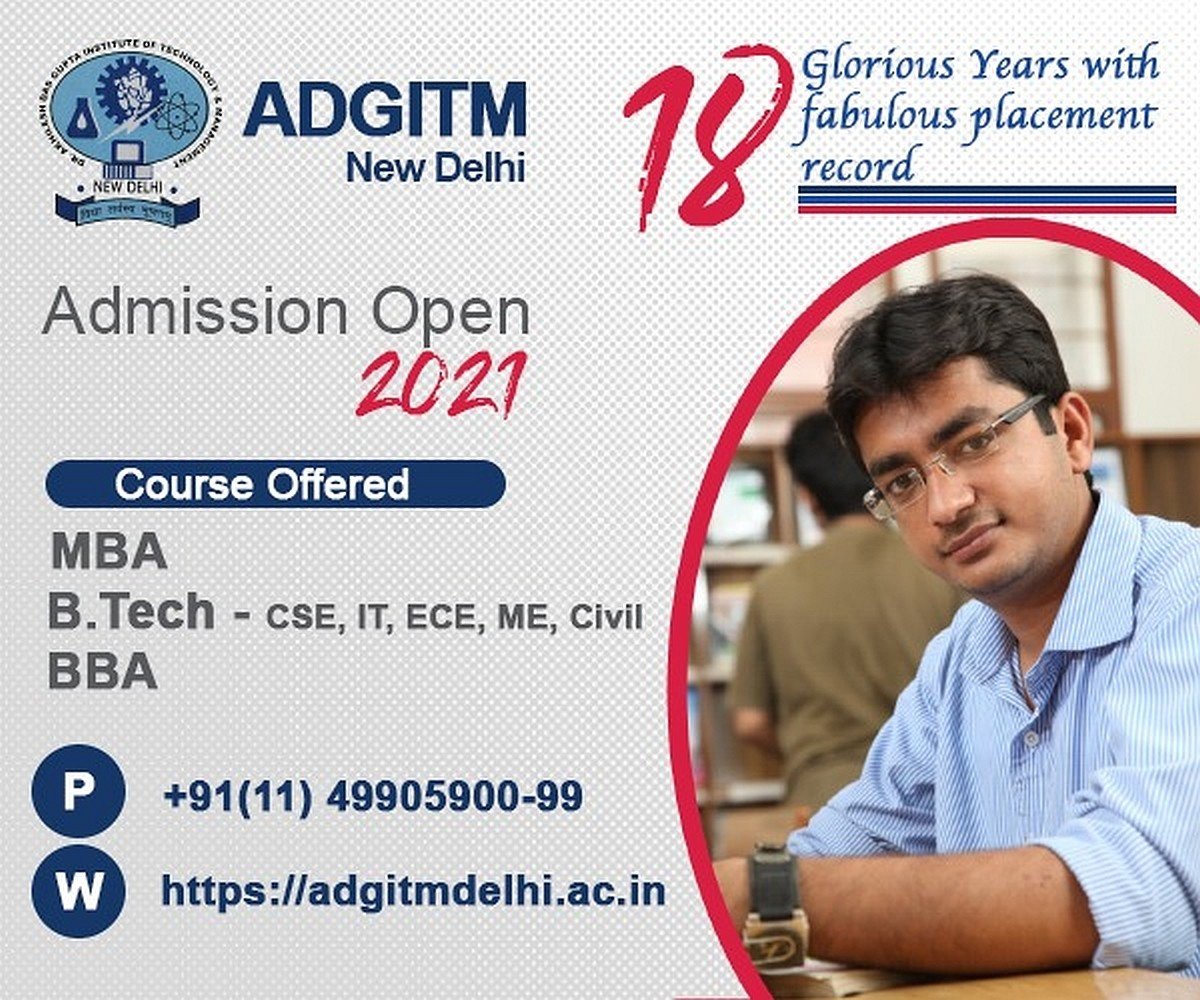Dr. Anil Sahasrabudhe is the chairman of All India Council for Technical Education (AICTE). He is a professor of Mechanical Engineering at Indian Institute of Technology (IIT), Guwahati. In an exclusive interview with Mathrubhumi, Dr Anil spoke about the new edication policy, future of technical education and online education.
There is a lot of opposition against the decision which permits admission to students who have not studied physics and mathematics at higher secondary level to engineering courses. On what basis is such a decision made?
The Mathematics, Physics and also Chemistry and Biology are important ingredients for engineering education. No one has said one can do away with these subjects. In fact, AICTE model curriculum has four math courses (three mandatory and one elective), two Physics courses, one course each of Chemistry and Biology, then how can one claim that one can do engineering without Maths and Physics.
We are saying even Chemistry and Biology are necessary. However, what has been stated is with large bouquet of subjects in Class XI and XII board exams in CBSE, State Boards and Open Schooling, and a student who did not take one or two of these subjects should not be debarred from joining engineering provided, he/she either have done it on their own (even if Class XII grade sheet does not have these subjects) or are willing to do additional courses in Maths or Physics, and universities ask them to do additional mandatory bridge courses to come level with those students who have done these subjects in Class XII, where is the problem.
Whether a student does these courses before joining or after joining and willing to take extra duration should not be a problem. The outcome at the end of the degree program should be the same. All graduating students should satisfy graduate attributes desired by the accrediting body NBA, industry and society is more important than which subjects he/she enters. There has been a wrong perception created by some media that engineering can be done without Physics or Maths, which is totally incorrect.
A committee of eminent academicians set up by AICTE in 2019 under the chairmanship of Prof K K Aggarwal, Chairman NBA to decide for which engineering courses, which out of Physics, Chemistry, Mathematics and Biology are necessary/mandatory or if they have not done, what are the possibilities in terms of a common entrance examination containing these subjects, or learning them as bridge courses for an additional year before joining the first year are under consideration.
What changes are targeted in the field of technical education through the National Education Policy
All higher education including technical education will have emphasis on multidisciplinarity, cross disciplinarity thus allowing students to take a certain number of credits from disciplines other than their own. This will increase their depth and width of knowledge. There will be use of MOOC(Massive Open Online Courses) courses to the extent of 40% of credits of the program again opening up vistas for learning from best faculty in the country. There would be a lot of engagement and use of technology through the National Educational Technology Forum (NETF).
How Indian students can advance in various fields including Internet of Things, Artficial Intelligence and Robotics etc…
These courses have already been added in the model curriculum for over three years. The faculty are being trained through AICTE’s Training and Learning Academy (ATAL academy) in all the emerging areas such as AI, IoT, ML, 3D printing, Robotics, Cloud and Quantum computing, AR/VR, Data Analytics, Cyber Security, BlockChain and the like. As many as 1.65 lakh teachers were trained through a 5 day long 948 workshops. The faculty being empowered are handling these courses in their colleges. We also have a NEAT platform where AI based personalised learning products are made available. Large number of short programmes from Microsoft, Google, MIT EdX, IBM, NASSCOM, CISCO are being conducted for students. Internship opportunities in industry are provided to prepare students in all these domains. Smart India Hackathons are held regularly giving challenging problem statements making students learn, come up with novel out of the box solutions, thus fully getting them geared up in international competition.
How much importance does National Education Policy give to enhancing the skills of students
The Policy has been very clear about imparting both strong theoretical knowledge coupled with hands-on experiential learning based on skills. That’s why internships in industry are made mandatory to drive skills.




